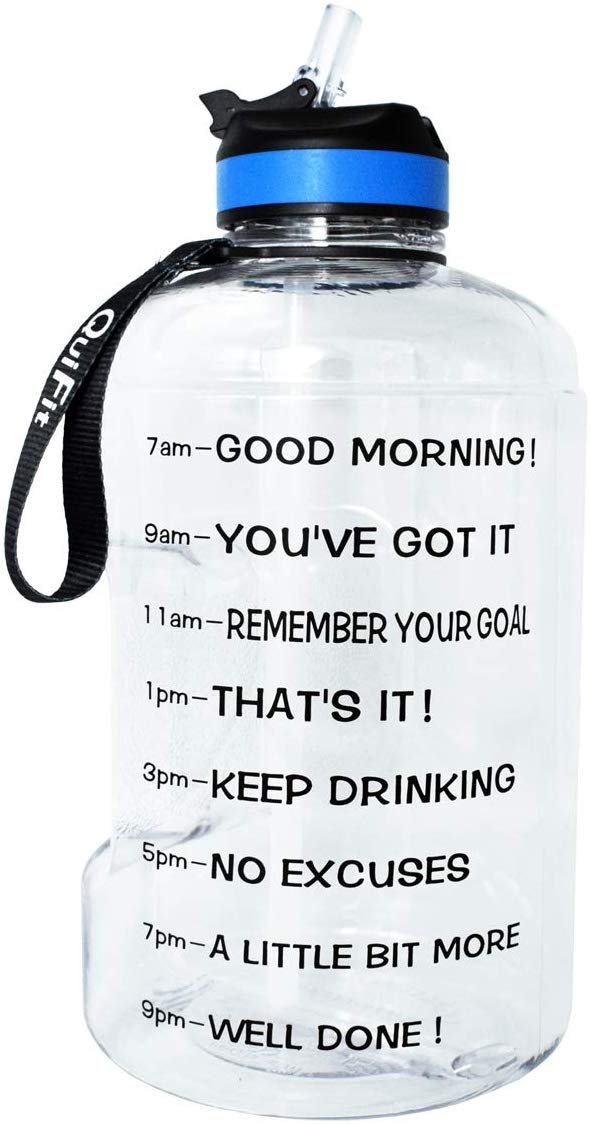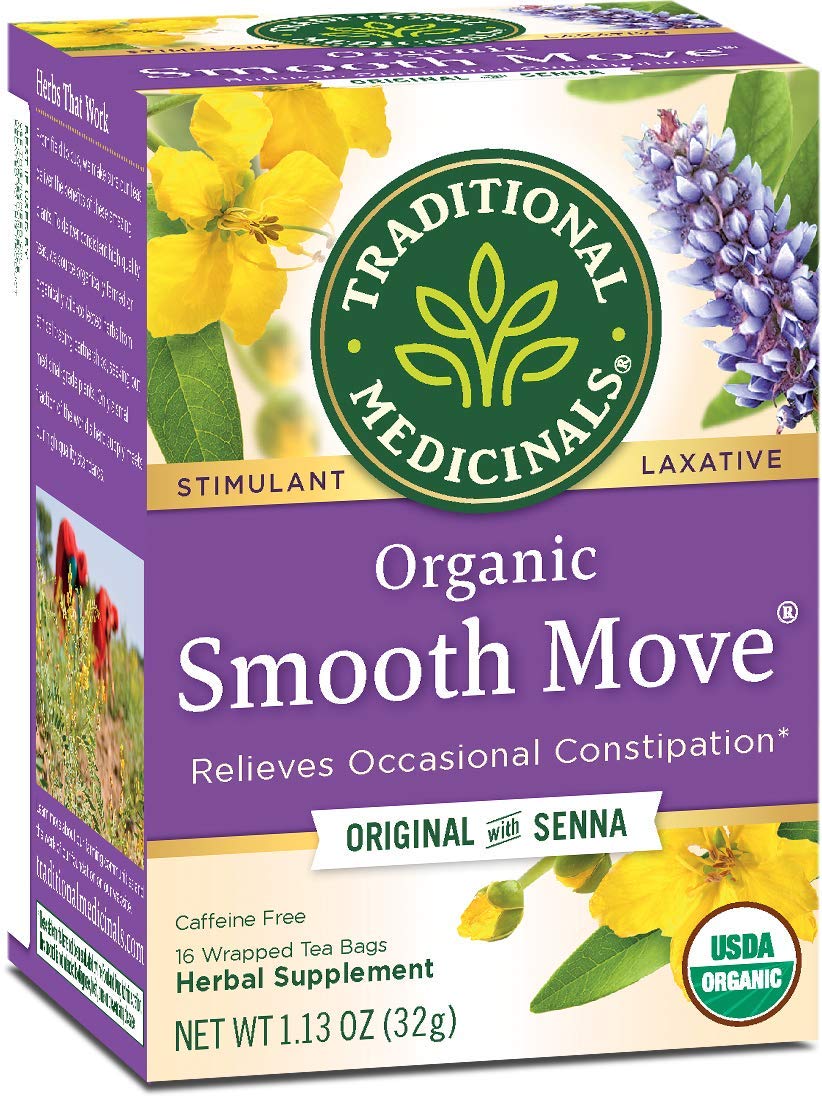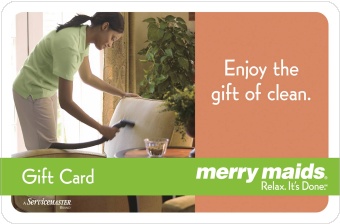When people prepare to have open heart surgery, numerous questions present. The ability of family (and friends) to have positive impact should not be underestimated. Says Dr. Ali Hammoud, a cardiologist:
“There is a lot of fear involved in open heart surgery. Everyone knows someone who knows someone who had a negative outcome. The experience can feel overwhelming."
Dr. Hammoud emphasizes, in particular, the importance of family in the pre-operative and post-operative period.
For patients who have time to plan and ask questions, the pre-operative period can be used to gather valuable information about the scheduled procedure.
Dr. Hammoud suggests that patients take the time to read about procedures, become informed, and frame questions to be asked of the surgeon prior to the surgery.
Family and friends can be allies in the information gathering. Make use of resources such as hospital websites (Mayo Clinic, Johns Hopkins) or even Wikipedia. This is a good way to demystify the actual procedure.
If there is time to plan surgery, family members can attend surgical consults with the patient. They can ask for clarification on questions. This may be comforting to the patient when facing a veritable avalanche of information. Taking notes is advisable. On an unconscious level, hospital staff may pay additional attention to a patient when they see active engagement of family members and visitors around the case.
For patients who had a sudden onset cardiac emergency, families can do a great deal to support recovery by anticipating the things that need to happen next. And then by putting in place all of these things, creating a centralized care calendar, and learning to advocate.
Open heart surgery typically requires 5 to 8 days of post-operative in-patient hospital care. This means that all aspects of the daily life of the patient must be covered. Many cardiac patients are older and the majority tend not to have young children at home. Given the older demographic, many do have spouses and/or partners who rely on the patient for care. Those people may experience grave stress at the temporary loss of companionship. If the patient is younger, childcare is clearly a factor. Patients with pets will need to ensure that appropriate care is arranged for as long as is necessary.
Make sure to understand what is actually required. Does a spouse at home have a standing medical appointment? If so, list it on the care calendar so that a friend or other family can take them. Do refills need to be called in? When? Note that too. What are the standing obligations of the household? List those. With excellent coordination and communication, all of these things can be put on the customized care calendar and tracked.
Says Dr. Hammoud:
“[Patients] really need their friends and family to remain positive throughout the experience. [Patients are at] an increased level of clinical depression post such a traumatic surgery. [It is important] that family and friends remain alert to that possibility."
Upon discharge, patients must continue to recuperate. Meals are an important thing to coordinate. Pay close attention to any dietary restrictions the patient must now incorporate. Deliveries of groceries are useful. A flexible gift card for take-out delivery options is always welcome.
Similarly, a gift card to a pharmacy may offset the cost of necessary items not covered by insurance. They do add up and this is especially true for older people who may be living on a retirement fixed income. A Postmates gift card can enable your recipient to order for delivery anything from groceries, to medications, to food with absolute ease. (Make sure that Postmates operates where your recipient lives by checking the store locator).
While the need for multiple post-operative doctor visits is less than certain other surgeries, rides provided by Lyft or Uber are useful. Some patients may make use of Mended Hearts, a national charter service for cardiac care. (Remember that many urban-dwellers don’t have cars).
The role of family and friends in coordinating patient care is not to be underestimated, and has long-term positive benefit. Do not let the impulse to respect privacy undermine the ability to alleviate stress and contribute meaningfully to a good recovery.
Helpful Products
Give InKind does not provide medical advice, diagnosis, or treatment. We have an affiliate relationship with many of the advertisers on our site, and may receive a commission from any products purchased from links in this article. See Terms & Conditions.








